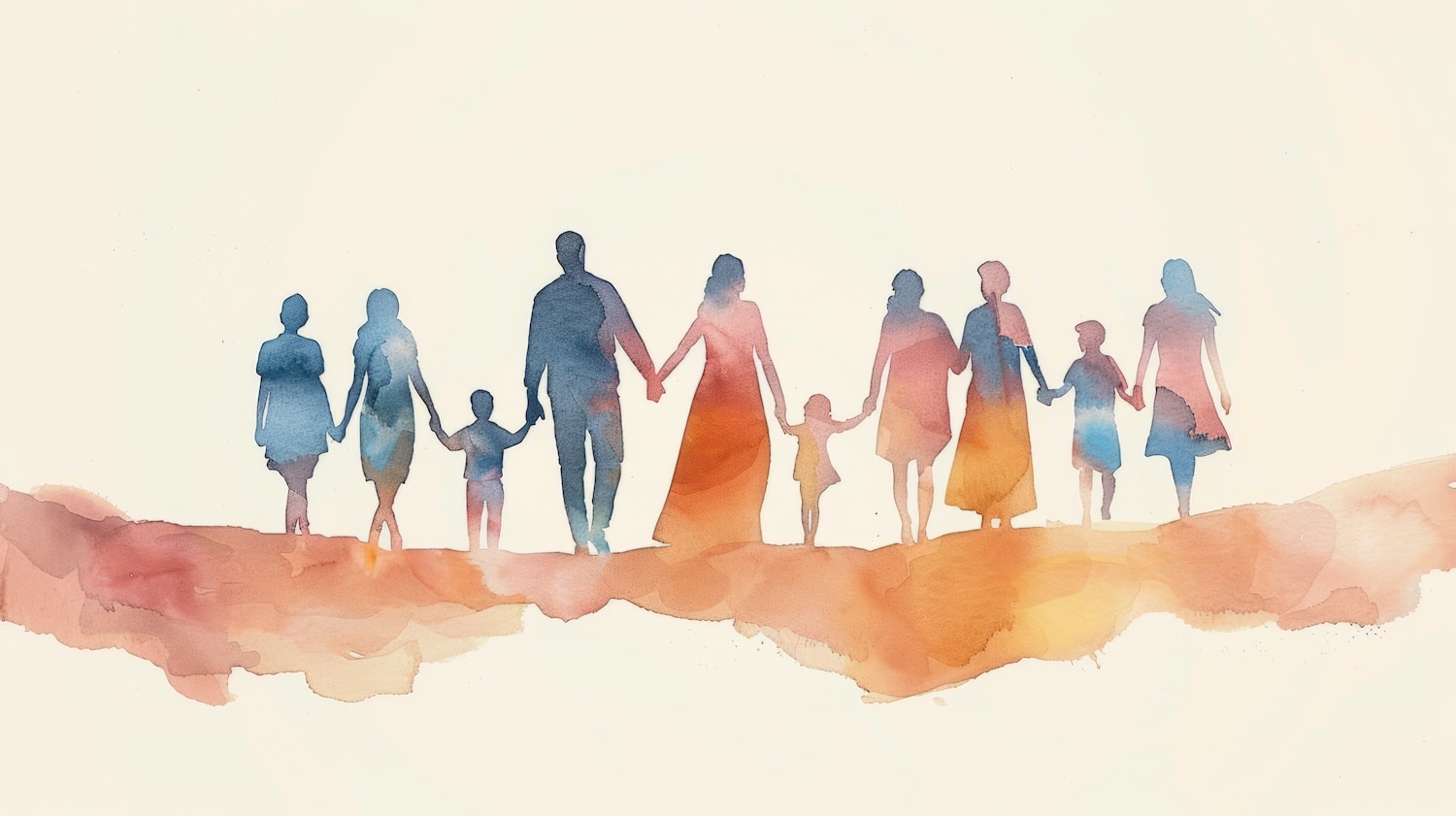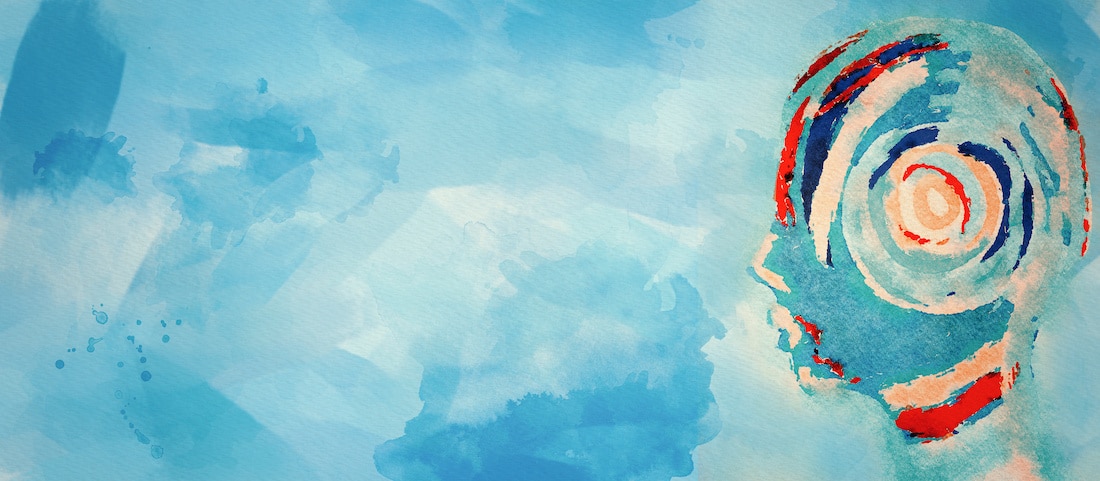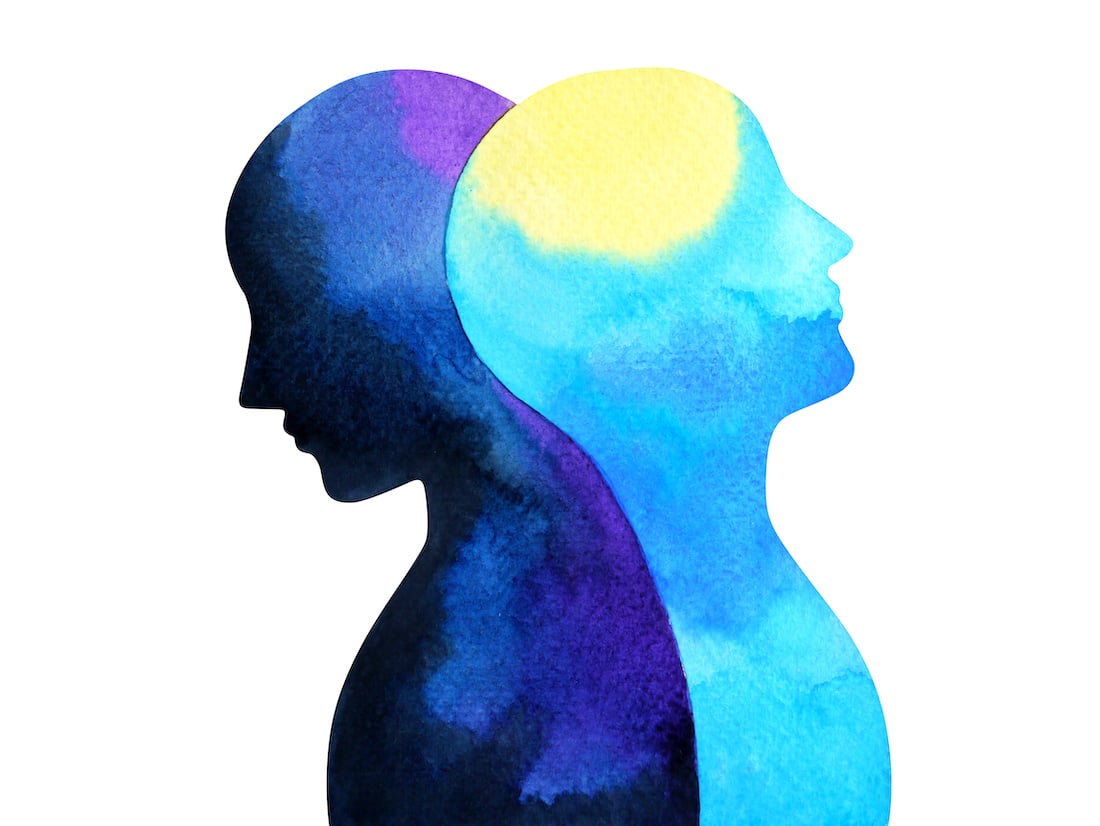Did you know that autism affects four times as many males as females? According to a new report from the Science Translational Medicine, inherited mutations in the PTCHD1 (patched-related) gene are linked to autism and intellectual disability in boys.
In Dani Cooper’s article, a team of researchers from Canada’s Centre for Addition and Mental Health, analyzed the patched sequence from 1,896 patients with autism spectrum disorder (ASD), 246 intellectual disabilities, and more than 10,000 control individuals.
The results from the study found mutations in various parts of the patched gene in 25 affected individuals (1% of patients) in 20 different families, but not in any of the control patients.
Since the patched gene is located on the X chromosome, almost all of the affected patients were male, and oddly enough most had unaffected mothers and other females relatives. This means men whose mothers carry the mutation at PTCHD1 have a higher risk of developing ASD.
But why does this illness affect men at higher rates?
Dr. Stephen Scherer, director of The Center for Applied Genomics at Sick Kids, says it’s because “girls are different in that, even if they are missing one PTCHD1 gene, by nature they always carry a second X – chromosome, shielding them from ASD.”
Discovering a new piece in the autism puzzle, adds to growing evidence that such genes alone might not be the only cause of intellectual disability and autism and that other genes in the genomes of these individuals may contribute.
Pasadena Villa’s Smoky Mountain Lodge is an adult intensive psychiatric residential treatment center for clients with serious mental illnesses. We also provide other individualized therapy programs, step-down residential programs, and less intensive mental health services, such as Community Residential Homes, Supportive Housing, Day Treatment Programs and Life Skills training. Pasadena Villa’s Outpatient Center in Raleigh, North Carolina offers partial hospitalization (PHP) and an intensive outpatient program (PHP). If you or someone you know may need mental health services, please complete our contact form or call us at 407-215-2519 for more information.
Sources:



